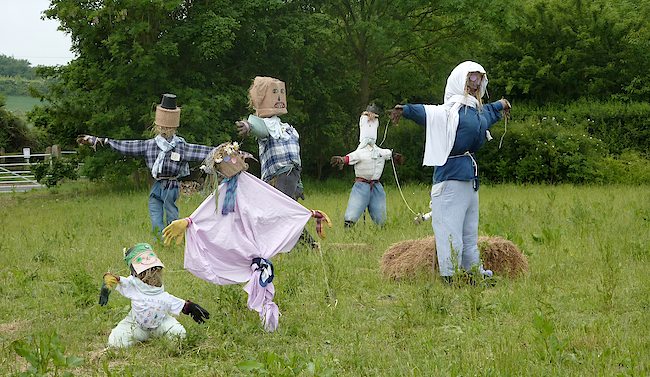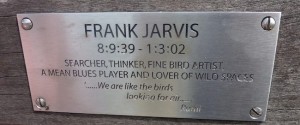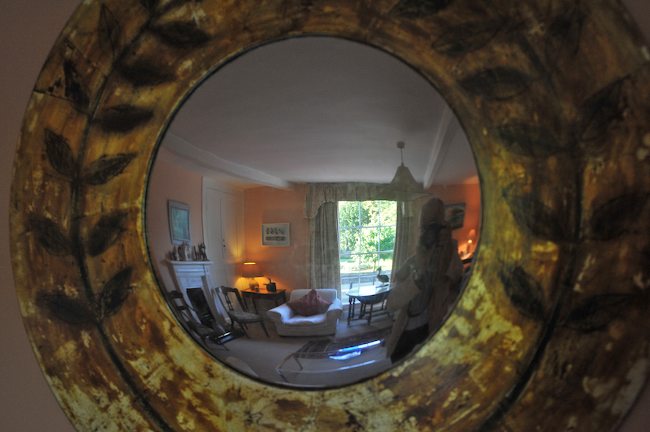Interesting (and sobering) piece by Julie Scelfo in today’s NYT.
Much of the concern about cellphones and instant messaging and Twitter has been focused on how children who incessantly use the technology are affected by it. But parents’ use of such technology — and its effect on their offspring — is now becoming an equal source of concern to some child-development researchers.
Sherry Turkle, director of the Massachusetts Institute of Technology Initiative on Technology and Self, has been studying how parental use of technology affects children and young adults. After five years and 300 interviews, she has found that feelings of hurt, jealousy and competition are widespread. Her findings will be published in “Alone Together” early next year by Basic Books.
In her studies, Dr. Turkle said, “Over and over, kids raised the same three examples of feeling hurt and not wanting to show it when their mom or dad would be on their devices instead of paying attention to them: at meals, during pickup after either school or an extracurricular activity, and during sports events.”
Dr. Turkle said that she recognizes the pressure adults feel to make themselves constantly available for work, but added that she believes there is a greater force compelling them to keep checking the screen.
“There’s something that’s so engrossing about the kind of interactions people do with screens that they wall out the world,” she said. “I’ve talked to children who try to get their parents to stop texting while driving and they get resistance, ‘Oh, just one, just one more quick one, honey.’ It’s like ‘one more drink.’ ”








